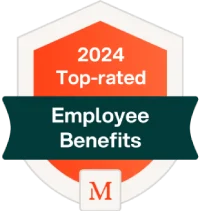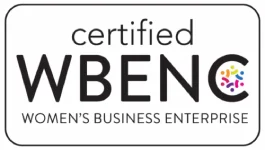Student Loan Considerations for Plan Sponsors-Part Two

As a follow up to our first article on student loan debt, its impact on employers and the recent IRS Private Letter Ruling (PLR) regarding student loan repayments, we’ve attached a summary of items to consider when contemplating this type of arrangement. As this ruling has just been released, we can expect additional items in the future.
Plan sponsor considerations:
- The PLR only applies to the plan sponsor that requested it – it should not be used as general guidance
- The participant loan repayments do not count towards the Average Deferral Percentage (ADP) Testing. The Employer contribution relating to the loan payment will not count towards the Average Contribution Percentage (ACP) testing. Depending on whether highly compensated or non-highly compensated participants are making loan repayments, this could represent challenges to employers who already have testing issues. In other words, it may be necessary to limit the program to the non-highly compensated employees.
- The employer match will be subject to the same requirements as other contributions to qualified plans – vesting, eligibility, coverage, contribution limits etc.
- The PLR does not expand on the type of documentation required to verify that loan payments are being made by a participant. This could present administrative challenges for plan sponsors.
- If you are offering a safe harbor match plan, the rules require that employer contributions are made for all non-highly compensated employees. When coupled with a student loan match contribution, this requirement could make the program very expensive.
- The plan document may or not require amendment as the student loan payment is treated as a profit-sharing contribution. Most employers allow this type of contribution in their plan document.
- The plan sponsor will most likely need to update their Summary Plan Description (SPD) to describe how the program will work.
- Depending on their level of sophistication and resources, your current recordkeeper may not have the ability to modify their administration system to accommodate a student loan feature.
While the current ruling only applies to the company that requested it, we anticipate greater interest from employers in this type of approach to student debt management as an opportunity to enhance their employee recruitment and retention efforts. As always, our retirement consulting team will keep you updated on any new developments. For further information on this recent IRS determination or implementing one of the current student loan programs and how they may benefit your organization, contact our retirement planning team.
Categories
Archive








